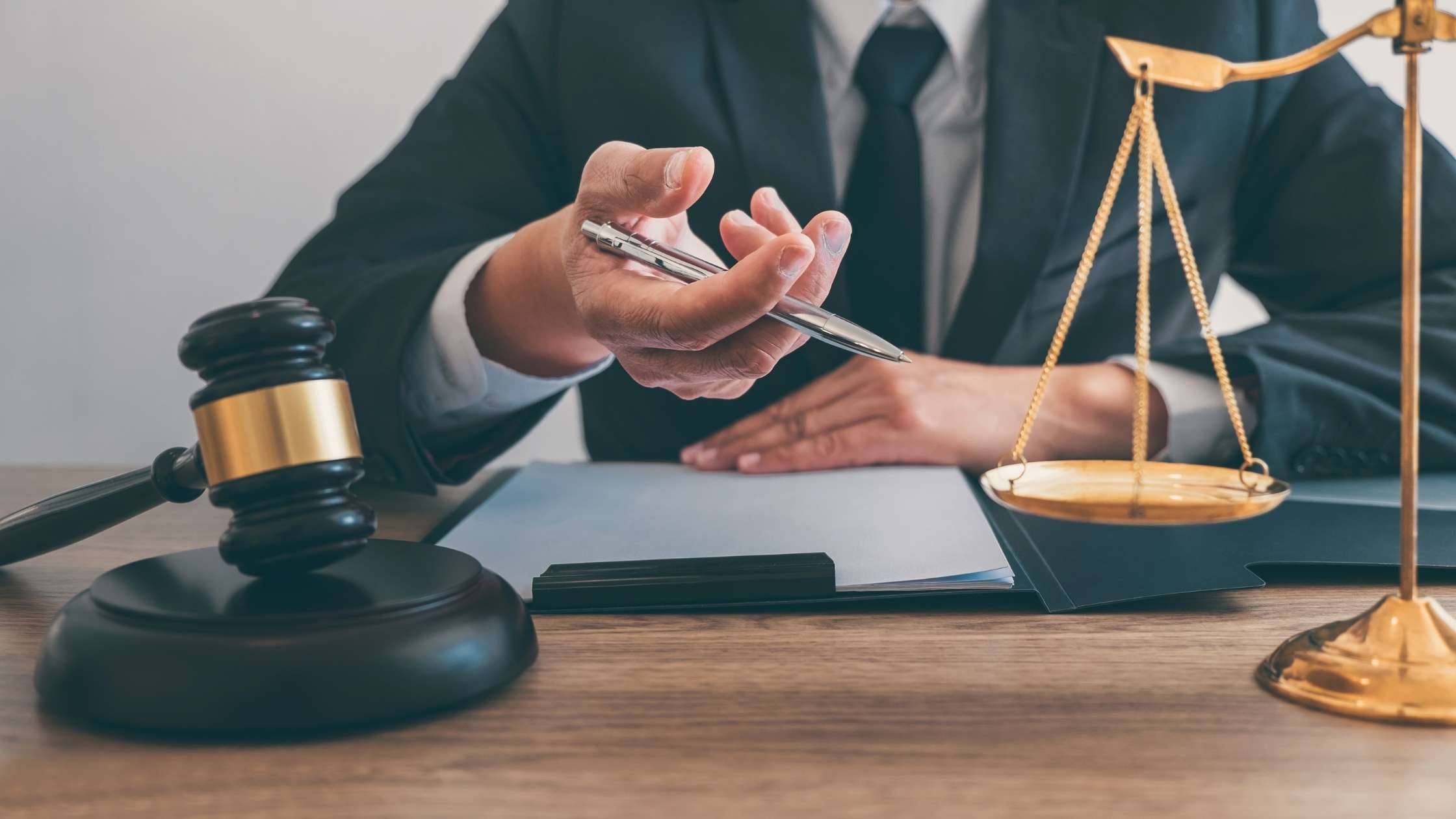Lawyers are becoming increasingly specialized, similar to doctors. Someone who specializes in wills, closings, and other “non-business” matters is unlikely to be a suitable fit for your firm. At the very least, you’ll need the skills stated below. The greater a person’s range of abilities, the better!
- You’ll need a lawyer who can quickly grasp your business, draft standard form contracts with customers, clients, and suppliers, and assist you in responding to contracts that others want you to sign.
- Organizations for business. You’ll need an attorney to assist you to decide whether a corporation or a limited liability company (LLC) is the best method to structure your company and prepare the necessary paperwork.
- It’s all about the property. Commercial leases, such as those for offices and retail stores, are often intricate and tailored to fit the landlord’s needs. Because they are “printed form” documents, you may be tempted to believe they are non-negotiable. That isn’t the case at all. Your lawyer should have a standard “tenant’s addendum” that can be attached to the printed lease agreement and contains clauses that benefit you.
- There are two types of fees: taxes and licensing. Although your accountant will write and submit your company’s annual tax returns, your lawyer should be aware of how to register your company for federal and state tax identification numbers, as well as the tax consequences of your firm’s more basic business operations.
- The word “intellectual property” relates to the ownership of ideas. Working with a lawyer who can help you register your products and services for federal trademark and copyright protection is a significant plus if you work in the media, design, or any other creative profession. However, in most circumstances, these tasks are handled by lawyers who specialize in “intellectual property” law.

Factors To Know Before Hiring An Attorney
- When it comes to business operations, some lawyers tire of being on the outside looking in. A lawyer like this can try to second-guess your business judgment. A lawyer who is overly interested in the nonlegal parts of your employment should be avoided.
- Is this guy a good communicator? The ideal lawyer for your business will not simply say “That’s OK” or “No, you can’t do that,” but will lay out all of your options and tell you what other firms in similar circumstances have done in the past.
- You’ll need to see your lawyer frequently, especially in the early years of your business. When you need legal counsel, you shouldn’t have to squander a day going to and from the nearest metropolis. When in doubt, go with a lawyer who is local to your home.
- Remember to trust your intuition and feelings. At all times, you should be able to talk honestly and freely with your attorney. Continue looking if you don’t trust a certain lawyer or believe you and he or she have opposing viewpoints. Visit us at https://www.burkelawyers.com.au/ and get more information.

